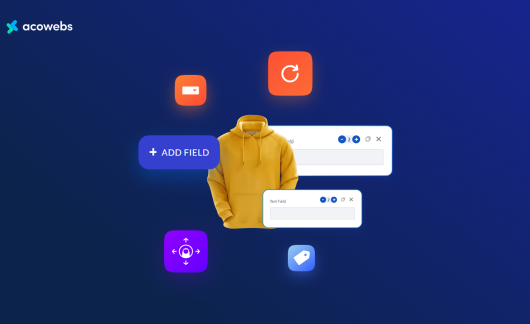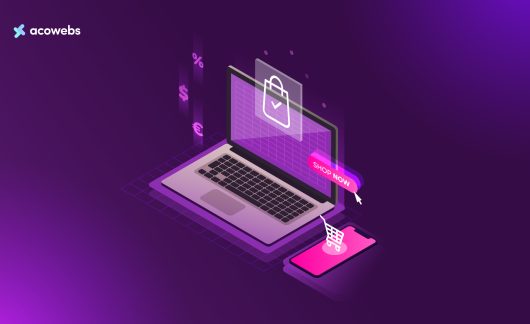Though it may even be painful to think about it, there are people out there in the DARK WEB planning to hack and steal important documents, your PII, or even money from your bank account. This becomes unbearable when it occurs. This tells you that even if you own just a small personal website, it must be secured with the latest cyber-security measures. Perhaps you’re wondering why someone would hack your little website. But, regardless of the size of the website, hackers can still launch their attacks and steal valuable information from it. Notwithstanding, protecting your website from cyber-criminals is not necessarily a complicated process/method. It requires you to follow a couple of straightforward steps when configuring your website to help prevent hacking attempts. In this article, some of the refined security techniques of protecting websites, regardless of their sizes are discussed.
Also Read: How to Clean up a Hacked WordPress Website
Configuring HTTPS And SSL To Allow Encryption Of Traffic
Hypertext Transfer Protocol (HTTP) is often used when transferring data from a server to a browser by almost all websites. HTTP is likened to a highway that links devices to the web and this is the main reason why most web domains bear “http” or “https” at the beginning of the link. The protected version of HTTP is HTTPS which secures the web content against cyber attacks, data breaches and ransomware attacks. This sort of protection is significantly required in e-Commerce websites and other platforms that keep sensitive data like social security information, debit and credit card numbers, or phone contacts. In essence, HTTPS encrypts or encodes the traffic to prevent its interpretation by hackers. Without the decryption key, the attacker will have a hard time cracking it. Today, websites are shifting to using HTTPS irrespective of them being e-Commerce platforms. Internet service provider Google has announced to give priority to secure websites over insecure ones. Securing your website with HTTPS is as simple as purchasing a domain name. The majority of web hosts allow website owners to register for non-payable Let’s Encrypt certificates. For additional protection, the website owners are required to buy one.
Also Read: Common WordPress Errors
Installing Firewalls To Prevent Unauthorized Access
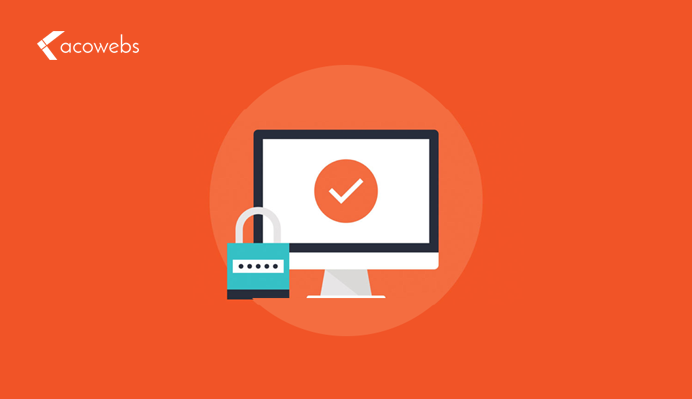
A firewall is a software used to bar unauthorized access (connections) and only permits particular traffic to a computer system/network. Depending on the level of control the website owner wants, configuring a firewall is fairly simple. Even when the website owner does not have direct control over the firewall, most available web hosts allow them to bar some IP addresses. Another technique is to protect the admin page of the website from being accessed by other IP addresses except for the owners. This keeps hackers away from even loading the login window. Nevertheless, this becomes a bit annoying when the website owner is required to access their resources from different locations. Here, they’re required to add the IP address to the firewall.
Setting User Permissions To Bar Access To Important Files
This is especially for servers. Servers allow setting up of users with peculiar permissions for websites. A helpful solution to managing user access while maintaining scraping activities is to consider using a proxy for scraping. Proxies offer added security and prevent unauthorized access to sensitive files. A user can create permissions to read, write, or gain access to a particular folder/file. Additionally, they can create these permissions for themselves (administrator permissions), group, or any other user (public). Encoding access involves the application of a three-digit number where each point comes with numerous “points.” The read access, write access and execute access have a varied number of points which are four, two, and one point respectively. Each of the three digits in the access code designates a particular user: for the first one, the owner (admin) is represented, the second one represents group access, and the third one represents any other user (public). If this server is set such that no one should gain access to the files, its permission code will be 000, and if any user is permitted to access the files, its permission level will be 777. But for security issues, the server should never be set with a permission level of 777 – the majority of users set up this permission if they would like to fix website problems and gain quick access. It is a serious problem as it allows anyone to gain access to website content. Setting up different access levels separately secures the files stored on the websites.
Also Read: WordPress Coding Best Practices
Keeping Content Management System (CMS) And Software Updated
Whether the website is operating on WordPress or npm packages, the website owner must ensure that the tools and other software are updated. For WordPress particularly, the WordPress core version, the themes, and the plugins must be kept up-to-date. The significance is that developers make modifications to these tools to cope with the present state of cyber-technology, so the software needs regular updating. All the antimalware software installed on the computer must be kept updated as well. Failure to update makes the software miss important fixes and leaves the system vulnerable to hackers. Also, website developers are advised to install add-ons/plugins such as Sucuri and/or Bulletproof during website development to inspect and secure their website against attackers.
Securing Form Submissions
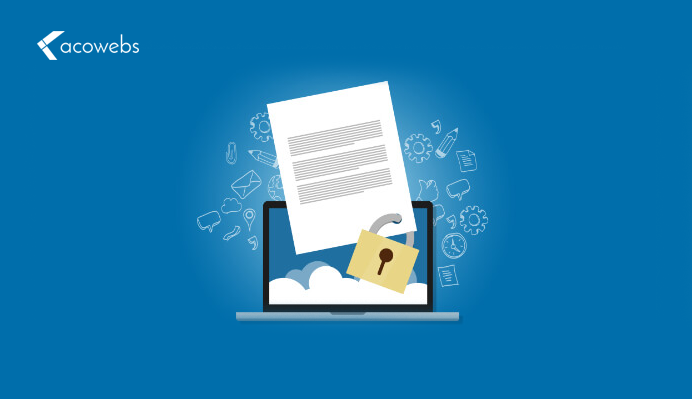
Typically, forms submit information to the database of your website or it runs scripts in the browser. Hackers have devised another technique of launching attacks on websites via form submissions. The initial function of the forms can be subverted by structured query language (SQL) injection as well as Cross-Site Scripting (XSS). An SQL injection is popularly known for its submission of SQL query into email domains whereas XSS submits a JavaScript-capable of manipulating the contents on the website and lure users into disclosing sensitive information to cyber-attackers. The SQL and XSS attacks can be eliminated through the validation of form fields. The user is required to remove all the symbols capable of running queries and scripts on the websites.
Also Read: MongoDB Security
Using Unique, Secure Authentication Details (Passwords)
Users should use unique and strong passwords to keep their websites secure. Here are the tips:
- Avoid using your name or words that bear some connections to you
- Avoid using numbers or combination of digits that bear a connection to you such as date of birth, addresses, ID number, and so on
- Create a long password
- Avoid reusing your password in other websites/platforms
The surest way to manage unique and strong passwords is using password manager tools such as LastPass which create a secure password and assists the user to remember them when required. The user is only required to remember the password to the tool, and it performs the rest of the authentication process.
Also Read: Common WordPress Myths
Using Customized And Difficult-To-Guess Names
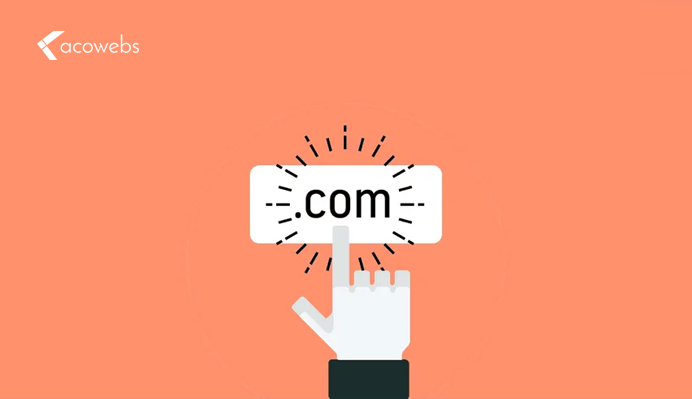
Just like for your passwords, naming your folders, files, user IDs, and the database with random names prevents potential attackers who probably know your name. CMS-powered websites, particularly WordPress-enabled websites are becoming important targets for hackers. From a hacker’s perspective, most websites use simple and obvious names. So, by modifying the names reduces the chances of an attack on CMS-enabled websites. For instance, vast admin dashboards bear the obvious user ID “admin”. By renaming it to something else with no connection to the name of your website or the default “admin” name makes it difficult for cyber-attackers to guess. The same can be done to folder names as well as database tables if they are bearing a common prefix.
Hiding Error And Console Messages
When launching a website, after it has been developed, the site owner should hide the error and console messages that appear as they leave a hint about the configuration and the names of directories and files to the public. The user should hide additional information capable of leaking their identity to the wrong people. Depending on the configuration of the website, the developer can set a custom error page for visitors of this website, rather than showing a particular server error details. For those using WordPress-powered websites, they can modify their settings to fully turn off the debug errors or write them on a logfile rather than printing them on the screen.
Also Read: Javascript SEO
Tightening Network Security
Your office computer can be a potential entry to website servers. To prevent malice committed when hackers access route to the websites, users should ensure:
- Regular changing of passwords
- Unique and strong passwords are used
- The system automatically signs the user out after detecting inactivity
- Devices connected to the network are screened for viruses every time they need attachment.
Backing Up Website Files Frequently
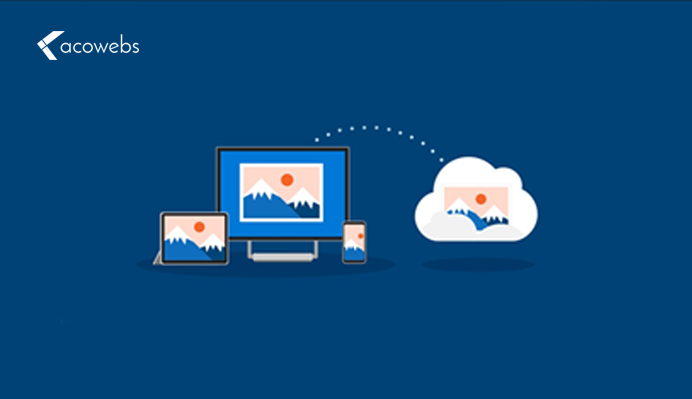
This is very simple, any time you are working on a particular file on the web, it is auto-saved in a backup file. In a case where the website is infiltrated and crucial data is compromised, manipulated or stolen, a backup system can serve you justice as it is possible to retrieve them somewhere. The web host used should feature a backup capability to allow backups of the files and web content for a specified period. For instance, Siteground is an example of a web host that allows backing up of web content every night, and stores the content in the next month. For WordPress-powered websites, the user can install special plugins such as BackupBuddy and UpdraftPlus to backup WordPress contents, as they need. They can as well schedule the specific times they would want the backups to happen. Moreover, the user can back up their files remotely.
Also Read: Types Of Cyber Attacks
Conclusion
Securing your website against cyber-attacks can take some time and effort. Nevertheless, there is no perfect protection against hackers as the criminals are very innovative: they will still devise lethal techniques to penetrate your system. Fortunately, with these tips, we can stay protected from the majority of cyber-attacks.
Acowebs are developers of WooCommerce product options that will help you personalize your stores. It supports the additional option with addons with numerous functions, which are complements of e-commerce products, which are light and fast. You can easily update your store with these woocommerce plugins and enjoy a hassle-free experience, take a look at the best options for additional e-commerce products.












 Login
Login
 Cart
Cart






